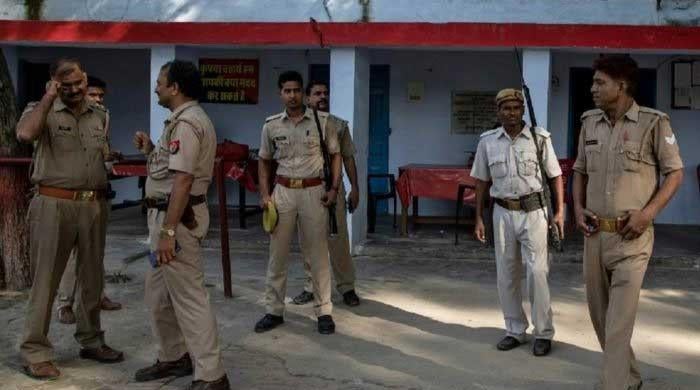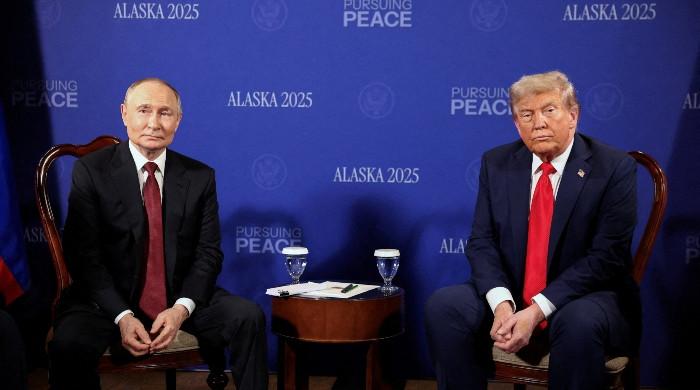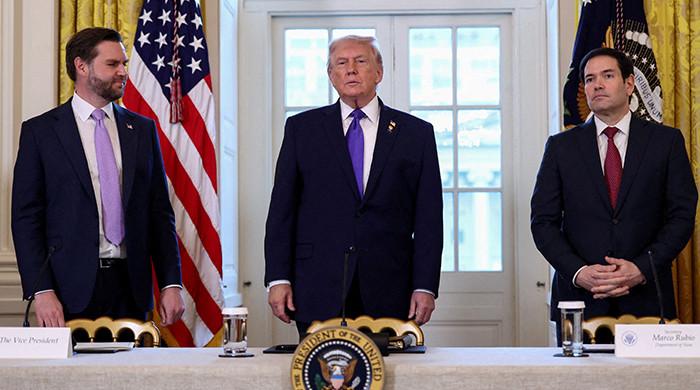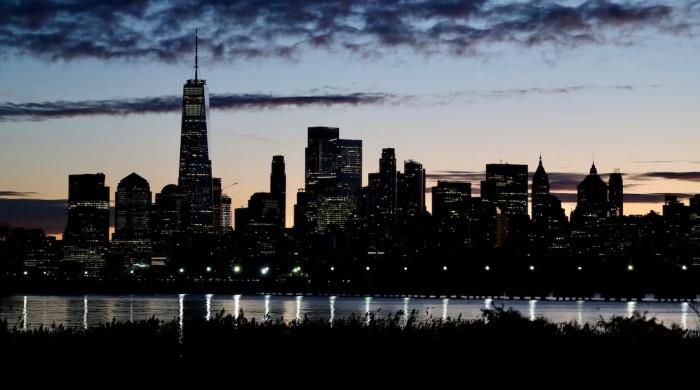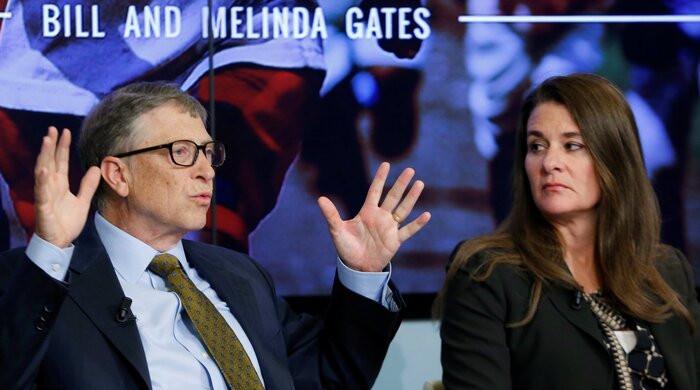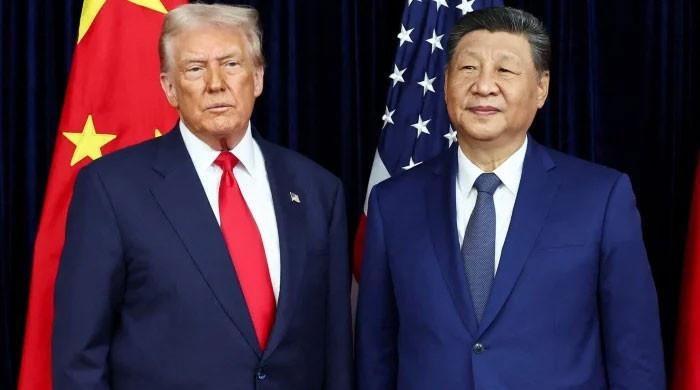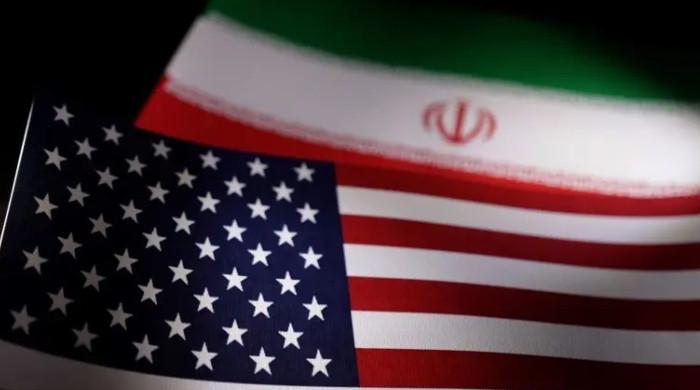What is Memorial Day and why is it celebrated in US?
Through law passed in Congress in 1971, Memorial Day was termed a national holiday with its traces in US Civil War
May 29, 2023
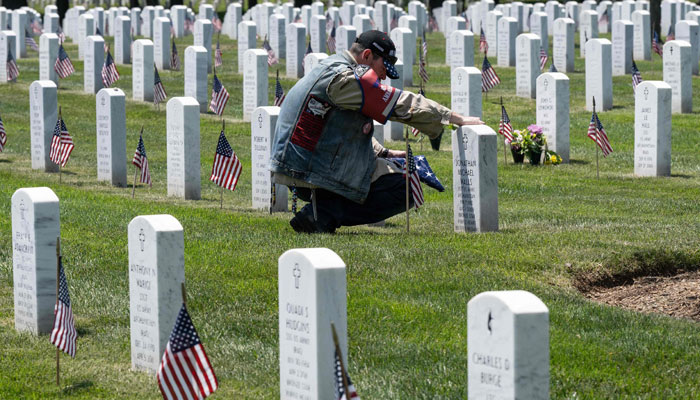
Memorial Day activities are busy in which families enjoy holidays with their children with visits to beaches. Apart from all these enjoyable and fun days, what the day is really about?
The day was originally called "Decoration Day", a holiday which falls on the last Monday of May to honour all soldiers and members of the military who sacrificed their lives during service to the nation.
Through an act passed in Congress in 1971, Memorial Day was termed a national holiday with its traces in US Civil War. Here are some important insights about the day.
Roots in US Civil War
The nationwide holiday has its traces in the US Civil War which nearly wiped out 2% of the US population. According to one account, three women in October 1864 went to a local cemetery and placed flowers on the graves of the dead men who sacrificed their lives while serving the Union.
After the end of the war, a large procession in May 1865 was conducted in the destroyed city of Charleston, SC, where thousands of Black US citizens — liberated just months earlier from slavery — remembered those buried in mass graves at a former racecourse.
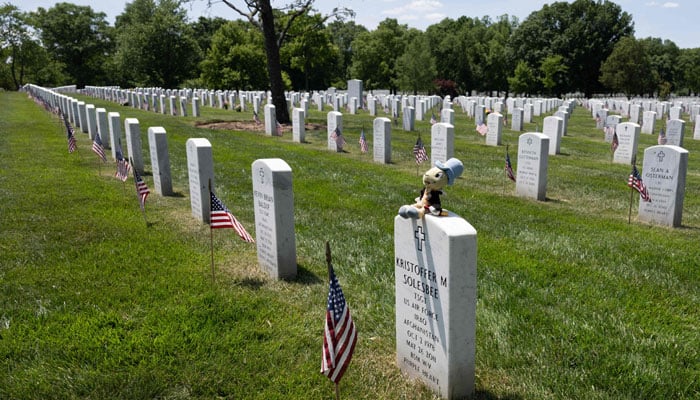
3,000 school children led the service with roses, singing the Union song John Brown's Body. Historical account note that hundreds of women followed with baskets of flowers, wreaths and crosses.
Cities in the North and South began honouring the dead people. Waterloo, NY, was decorated in May 1866, with flags at half-staff, "draped with evergreens and mourning black."
Why is it Memorial Day?
According to historians, the first commemoration was held in 1868 after Gen John A Logan, the commander in chief of the Grand Army of the Republic — an organisation of Union veterans — called for a national holiday to remember the dead people of the Civil War.
He said: "Their bodies lay in almost every city, village and churchyard."
Gen Logan, on May 30 wrote an order that it should be "designated for the purpose of strewing with flowers or otherwise decorating the graves of comrades who died in defence of their country".
The remembrance day was regarded for many years as "Decoration Day", however, as it represented all those who have died serving their country, US citizens started to call it Memorial Day.
In one of the first references to commemoration, an article published in New York Times back in May 1870 described processions in New York City and Brooklyn (then separate cities), among other places.
The story noted that, aside from Independence Day, there was "no day that calls out the patriotic feelings of our people more than 'Memorial Day,'" which was a national holiday not by any enactment by the legislature but by "the general consent of the people."
The name of the commemoration was formally changed by Congress in 1967, and just a few years later, the government decreed that Memorial Day should take place not on May 30 but on the last Monday of the month.
The change went into effect in 1971. The same law also declared Memorial Day a federal holiday.
Difference between Veterans Day and Memorial Day
After its evolution, Memorial Day is celebrated to honour the war dead but the Veterans Day is only celebrated to remember those who served in the military.
Veterans Day is annually observed on November 11 which was originally called Armistice Day. It was due to the armistice at the end of World War I in 1918.
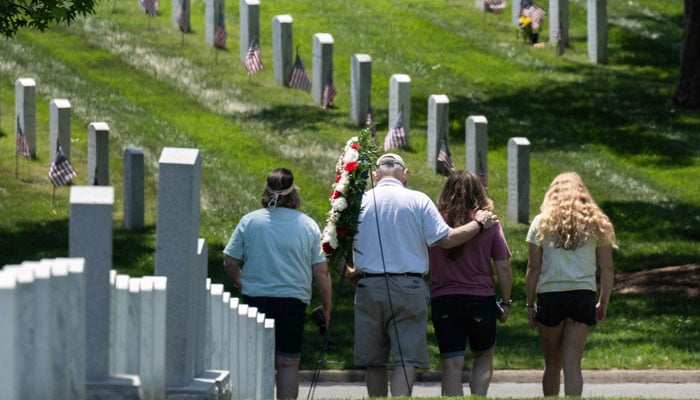
It was later broadened in the 1950s to include all war veterans.
Both commemorations have become similar. But, after World War I, veterans "wanted a commemoration of their own, which North and South could celebrate together," Henry W. Brands, a professor of history at the University of Texas at Austin, told the New York Times.
Honouring the Black US citizens
Despite bleak traces of the day, the holiday's Black history has not been universally embraced, according to experts.
In 2021, the microphone of a veteran who had tried to credit Black Americans was silenced during an American Legion service in Hudson, Ohio.
"Charleston forgot this story because it did not fit" the emerging narrative in the defeated South, David W Blight, a historian at Yale University, said.
In the 1990s he uncovered the details of the racecourse procession, which took place at a site that had once been popular among plantation owners. Of the Black marchers, he added, "They were reinscribing it, as a place to commemorate their freedom."
According to Dr Blight, white Southerners used Memorial Day to uphold their Lost Cause mythology, the idea that the rebellion was an honourable uprising against Northern tyranny that had little or nothing to do with slavery.
The notion that both sides of the war had fought for a noble cause was rejected early on by Frederick Douglass, who said at Arlington National Cemetery on Memorial Day in 1871: "We must never forget that victory to the rebellion meant death to the republic. We must never forget that the loyal soldiers who rest beneath this sod flung themselves between the nation and the nation’s destroyers."




